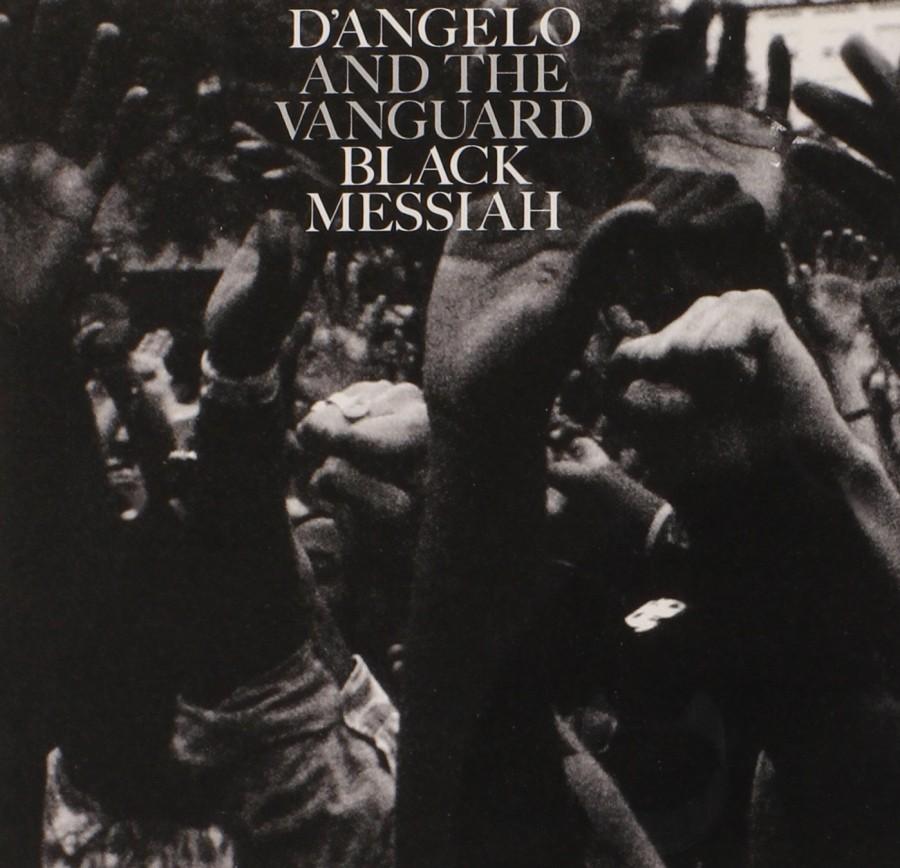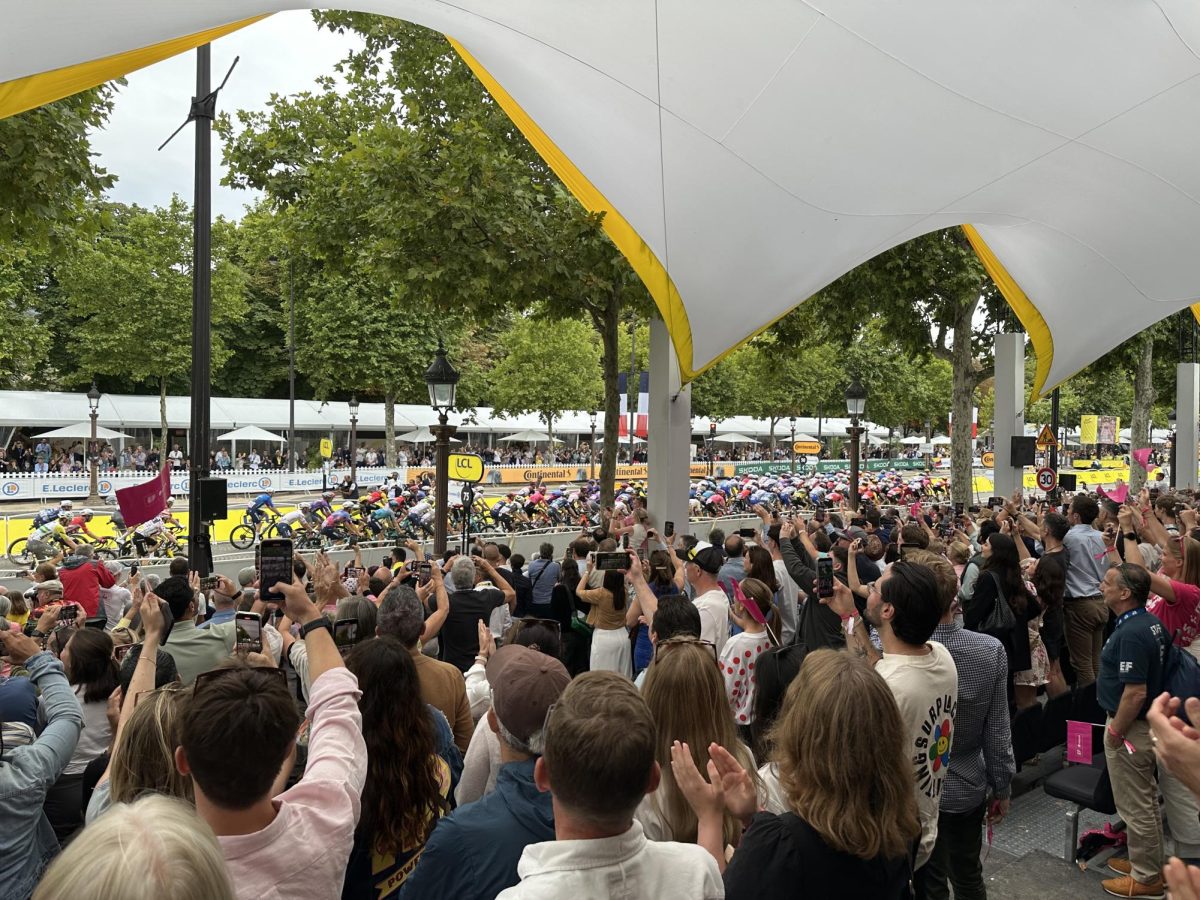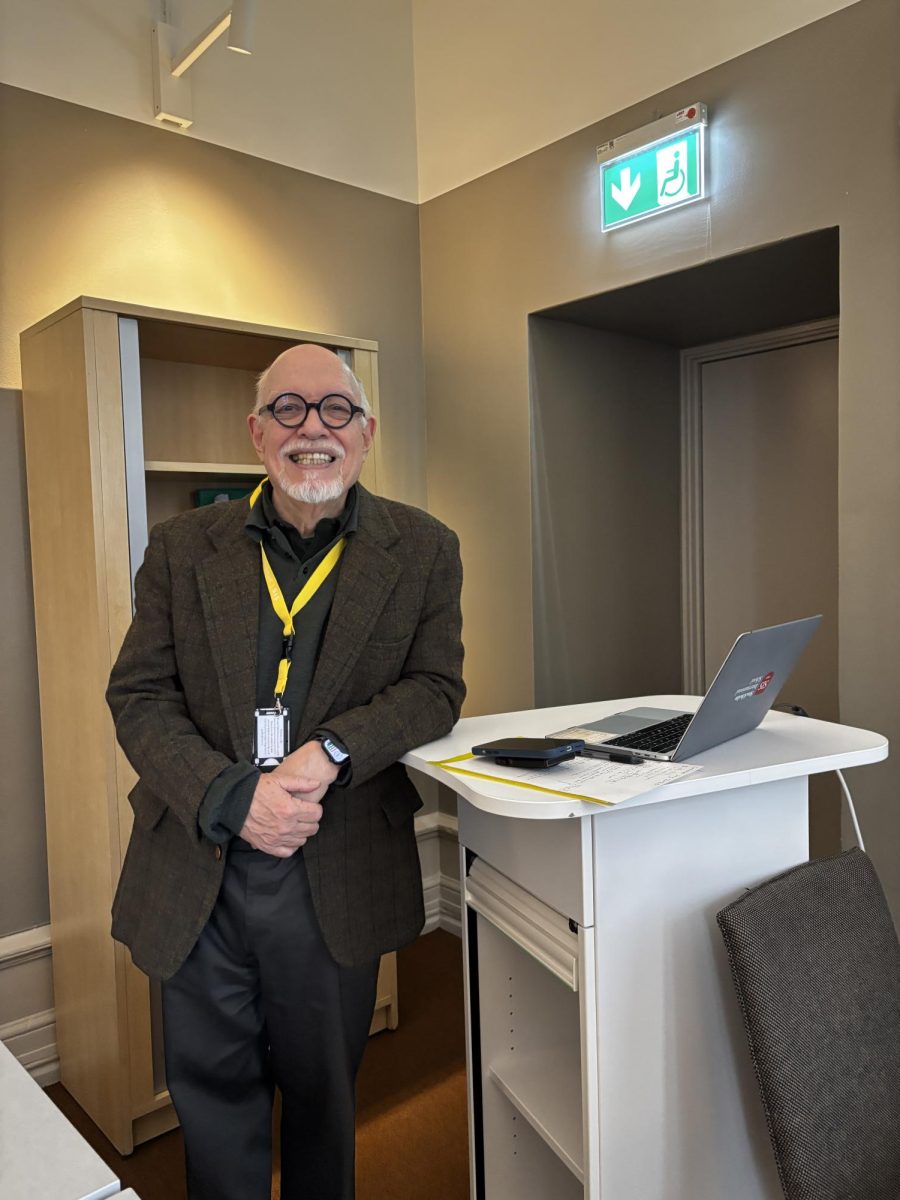D’Angelo and The Vanguard – Black Messiah
January 8, 2016
This article is the seventh instalment of a 10-part album review series by Paschal M.
After a 14-year hiatus, American neo-soul and contemporary R&B artist D’Angelo has returned with an astonishingly topical and self-aware record for his third studio album, Black Messiah. After his second studio album Voodoo in 2000, D’Angelo practically vanished from the public eye as his personal life continued to deteriorate following the suicide of his close friend and MTV-affiliate, Fred Jordan. Eventually falling into a lifestyle of drug and alcohol addiction, he was soon dropped from Virgin Records and was eventually signed into a rehab clinic. It would not be until 2007 that the public would get another taste of D’Angelo’s talent through The Roots’ frontman and drummer Questlove’s leaking of “Really Love”, a laid back neo-soul track with a Latin salsa quality from the acoustics. As time progressed and D’Angelo gradually began resolving personal issues, “1000 Deaths” (a track on Black Messiah) was leaked. Nearly 6 minutes long, the track is one of the most politically driven on the album. The track features an excerpt from both former Nation of Islam spokesman Khalid Abdul Muhammad during a debate about the origins of the Christian holy figure, Jesus Christ, and a sample from a documentary on the murder of Fred Hampton, deputy chairman of the National Black Panther Party. The track features a poorly mixed distorted drum beat which fits the feeling of the song well, but unfortunately drowns out the beautiful lyrics.
However, not all the tracks on Black Messiah are politically charged. “Betray My Heart” is a soulful ballad dedicated to someone he cares deeply about, reassuring them and himself about his faithful sincerity. The track shows off D’Angelo’s use of varied instrumentation in order to not only breathe life into his album, but also give it a certain authenticity. The fluid rhythm guitars melt seamlessly with the suave trumpets and D’Angelo’s eloquent vocals. Although the album deals with different subject matters, there is still a harmony in how the songs flow into one another. Black Messiah had originally been intended for a 2015 release, but following the death of Michael Brown in Ferguson, D’Angelo spent months with his new record label RCA working long hours in order to finish the album in a time he knew would be more socially relevant for the public. The album’s theme manifests itself not only through the tracks themselves, but even more distinctly through the album art and title. In the lyric pamphlet that was handed out at listening parties during the album’s release in December, D’Angelo reveals that the album title is ‘about the world, it’s about an idea we can all aspire to, we should all aspire to be a Black Messiah.’ The album isn’t directed towards one individual, rather a collective feeling that together ‘we are all that leader.’ D’Angelo has warranted the right to be taken more seriously as an artist with an album that proves to be one of the more politically aware and soulful releases of 2014.







